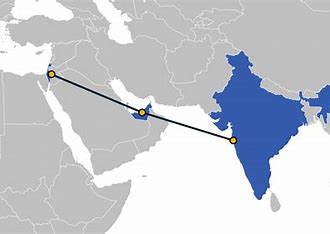Being the first European nation to advance such legislation, Spanish lawmakers on Thursday handed final approval to a measure offering paid medical leave to women experiencing extreme period pain..
According to the administration, the bill, which was approved with 185 votes in favour and 154 votes against, aims to end the stigma around the topic.
Only a few nations around the world, including Japan, Indonesia, and Zambia, already grant menstrual leave.
“It is a historic day for feminist progress,” Equality Minister Irene Montero tweeted ahead of the vote.
The legislation entitles workers experiencing period pain to as much time off as they need, with the state social security system — not employers — picking up the tab for the sick leave.
As with paid leave for other health reasons, a doctor must approve the temporary medical incapacity.
The length of sick leave that doctors will be able to grant to women suffering from painful periods has not been specified in the law.
About a third of women who menstruate suffer from severe pain, according to the Spanish Gynaecology and Obstetrics Society.
The measure has created divisions among both politicians and unions, with the UGT, one of Spain’s largest trade unions, warning it could stigmatise women in the workplace and favour the recruitment of men.
The main opposition conservative Popular Party (PP) also warned the law risks “stigmatising” women and could have “negative consequences in the labour market” for them.
“Menstrual leave” is one of the key measures in the broader legislation, which also provides for increased access to abortion in public hospitals.
Less than 15 percent of abortions performed in the country take place in such institutions, mainly because of conscientious objections by doctors.
The new law also allows minors to have abortions without parental permission at 16 and 17 years of age, reversing a requirement introduced by a previous conservative government in 2015.















